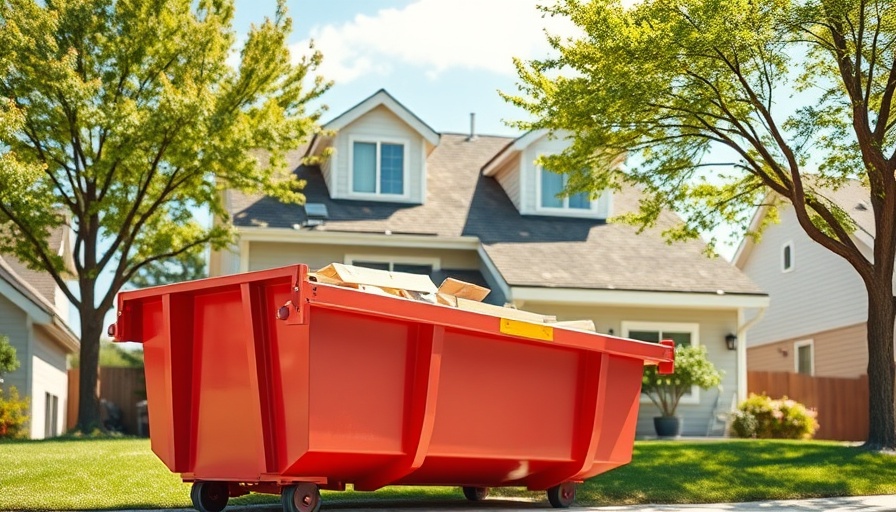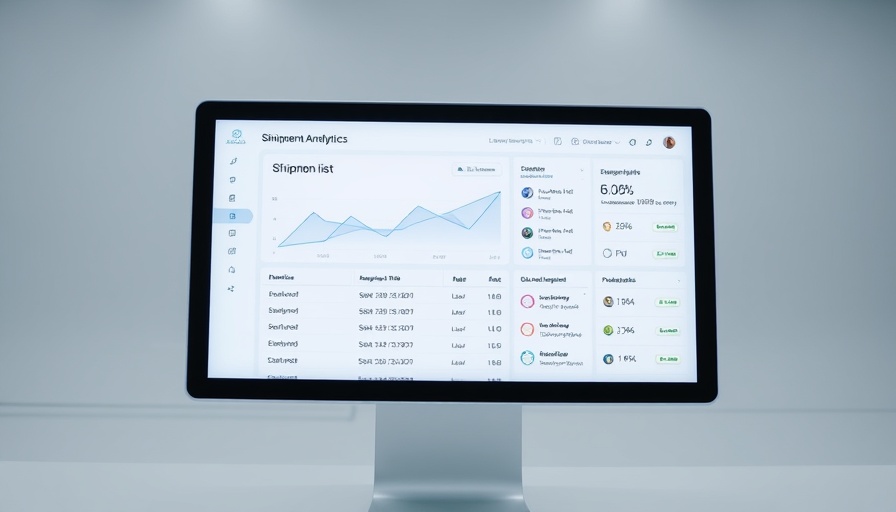
Understanding the Role of Waste Management in Roofing Projects
Efficient waste management is pivotal in keeping roofing projects on schedule and within budget. This aspect not only contributes to improved project outcomes but also aligns with the growing emphasis on sustainability within the construction industry. By prioritizing effective waste disposal and recycling practices, business owners and contractors can enhance their operational efficiency and reduce costs.
The Financial Benefits of Smart Waste Management
For property developers and commercial construction firms, managing waste efficiently translates directly into significant financial benefits. Not only does it help in minimizing landfill fees, but it also reduces labor costs associated with handling waste improperly. Furthermore, adhering to environmentally friendly practices is increasingly becoming a showcase of corporate responsibility, which can attract eco-conscious clients and investors.
Innovative Approaches to Waste Reduction
In recent years, advancements in construction technologies have equipped businesses with innovative tools to tackle waste management effectively. For instance, the implementation of smart tracking systems allows teams to monitor materials used and waste produced in real-time. Such systems facilitate better planning and execution, ensuring that roofing projects proceed without unnecessary delays.
Future Trends in Waste Management Practices
The future of roofing and waste management looks promising as the industry continues to adapt to sustainable practices. The integration of artificial intelligence and machine learning into project management software can enhance waste tracking accurately, predicting excess material and potential waste before it becomes a substantial issue. Embracing these technologies can put companies at the forefront of both efficiency and sustainability.
Taking Action: How to Implement Effective Waste Management
The first step towards effective waste management starts with education and training. This applies not only to management positions but also to every employee involved in roofing projects. Creating awareness about best practices and procedures related to waste management can lead to improved compliance and participation.
Businesses should also establish partnerships with experienced waste management companies that specialize in construction debris. These partnerships ensure that waste is disposed of properly and, wherever possible, reused or recycled. Conducting regular audits of waste management processes helps track performance, make necessary adjustments, and set realistic targets for waste reduction.
As the construction industry evolves, integrating sustainable waste management practices is becoming a necessity rather than an option. For business owners and facility managers, implementing these strategies not only safeguards the environment but also bolsters the bottom line.
 Add Row
Add Row  Add
Add 




 Add Row
Add Row  Add
Add 

Write A Comment